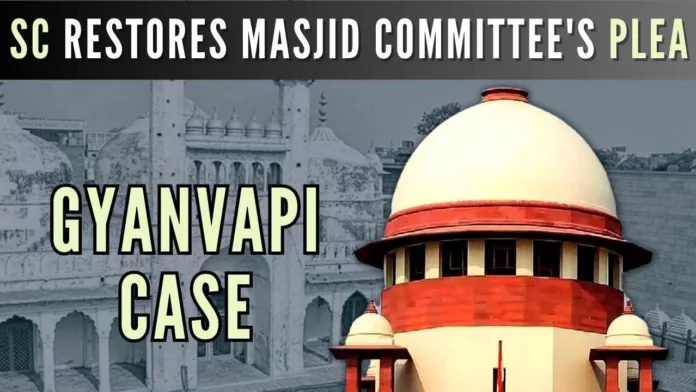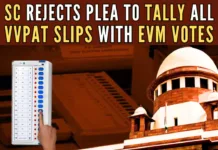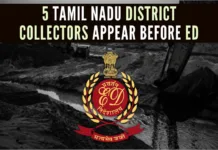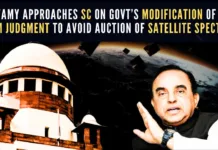
SC revives Gyanvapi panel plea disposed off while staying ASI survey on mosque premises
The Supreme Court on Wednesday restored the special leave petition filed by the Anjuman Intezamia Masjid Committee, which was inadvertently disposed of on July 24, when the order staying the survey of the Gyanvapi till 5 p.m. July 26 was passed by it.
A bench headed by Chief Justice of India (CJI) D Y Chandrachud was informed by senior advocate Huzefa Ahmadi, appearing for the mosque management committee that the court while disposing of the application for interim relief had inadvertently ordered for disposal of the main plea as well.
The Supreme Court directed the revival of the pending appeal after Solicitor General Tushar Mehta also acknowledged the inadvertent error.
In an interim relief passed on July 24, the Supreme Court ordered that the Varanasi court’s direction allowing an extensive survey of the Gyanvapi Masjid by the Archaeological Survey of India will not be enforced till 5 p.m. on Wednesday.
The top court asked the Masjid Committee to move the Allahabad High Court to challenge the order passed by the Varanasi District Court.
The main plea filed by the Anjuman Intezamia Masjid Committee under Article 136 of the Constitution challenges the order of the Allahabad High Court upholding the maintainability of the Hindu worshipper’s suit filed before the Varanasi court.
In its order passed on May 31, the High Court dismissed the revision application filed against the rejection of the application under Order VII Rule 11 of the Code of Civil Procedure (CPC) by the District Judge.
The district court had held that the suit seeking relief of the right to worship the deities located in the disputed property can be tried and is not barred under the Places of Worship Act, 1991, Waqf Act, 1995, or Uttar Pradesh Sri Kashi Vishwanath Temple Act.
[With Inputs from IANS]
PGurus is now on Telegram. Click here to join our channel and stay updated with all the latest news and views
For all the latest updates, download PGurus App.
- Myanmar authorities seize 100 Kg methamphetamine, 13 kg of ketamine in southern region - April 28, 2024
- Centre permits export of 99,150 tonnes of onion to 6 countries - April 28, 2024
- Delhi Congress chief resigns, cites party’s alliance with AAP - April 28, 2024










